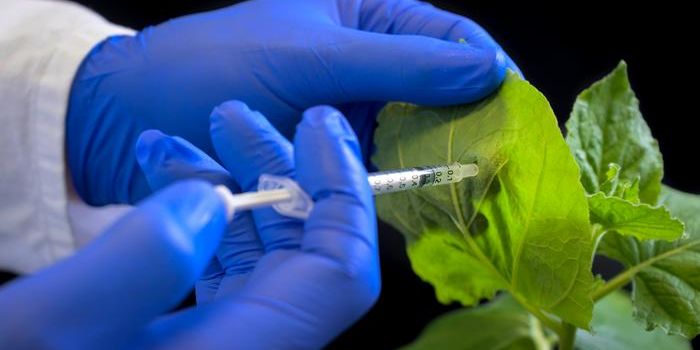Laser Microscope May Treat Skin cancer
Scientists have recently developed a specialized laser microscope that has the potential to diagnose disease particularly skin cancer and perform incredibly precise surgery without cutting skin. The technology is a specialized type of multiphoton excitation microscope that allows precise imaging of living tissue. What is most unique about the laser microscope is it not only capable of digitally scanning living tissue, but treating tissue through the intensification of heat.
The development of the laser microscope that could be 'revolutionary' for treating skin cancer:
"Our technology allows us to scan tissue quickly, and when we see a suspicious or abnormal cell structure, we can perform ultra-precise surgery and selectively treat the unwanted or diseased structure within the tissue -- without cutting into the skin," said Yimei Huang, co-lead author of the study and a former postdoctoral fellow at the department of dermatology and skin science at UBC and BC Cancer.
Findings of the study were published in Science Advances and describes how researchers made multiphoton microscope technology more versatile while increasing the precision of the laser.
"We can alter the pathway of blood vessels without impacting any of the surrounding vessels or tissues," said study co-author Harvey Lui, professor at the department of dermatology and skin science at UBC and the Vancouver Coastal Health Research Institute, and a dermatologist at BC Cancer. "For diagnosing and scanning diseases like skin cancer, this could be revolutionary."

“We wanted to be able to identify what was happening under the skin from many different angles and to have the capability of imaging different body sites," said senior author Haishan Zeng, professor of dermatology, pathology and physics at UBC and distinguished scientist with BC Cancer. "Once we achieved that, we wondered whether we could transform this diagnostic device into a treatment device by simply turning up the power of the laser."
Source: University of British Columbia








